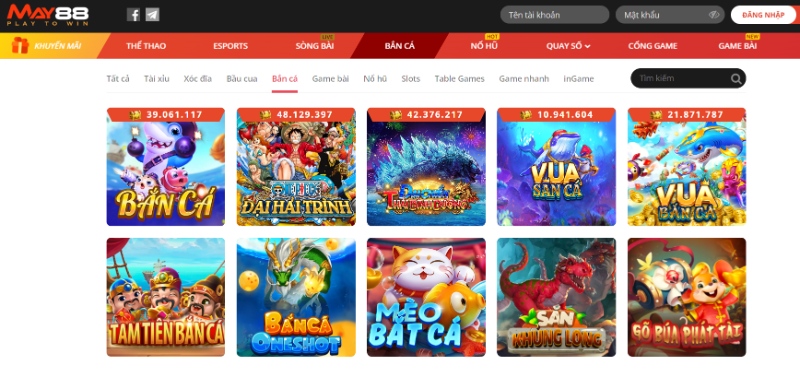The Power of Gaming - How Video Games are Shaping the Future of Education
The Power of Gaming - How Video Games are Shaping the Future of Education
Blog Article
In recent years, the landscape of education has been undergoing a quiet revolution—one that involves pixels and controllers rather than textbooks and chalkboards. Yes, we're talking about the integration of video games into the classroom and beyond. In this article, we'll explore the fascinating intersection of gaming and education, and how video games are shaping the future of learning.
The Evolution of Education
Education has come a long way since the days of one-room schoolhouses and rote memorization. Today, educators are constantly seeking innovative ways to engage students and foster a love of learning. Enter video games—a medium that has captured the hearts and minds of millions around the world.
Gaming in the Classroom
Gone are the days when video games were seen as nothing more than a frivolous pastime. In today's classrooms, educators are harnessing the power of gaming to enhance learning experiences and teach important skills. For example, educational games like "Math Blaster" and "Oregon Trail" help students sharpen their math and history skills while having fun.
Beyond the Classroom Walls
But the influence of gaming extends far beyond the confines of the classroom. With the rise of mobile gaming and gamified learning platforms, students can now access educational content anytime, anywhere. Whether it's practicing vocabulary on a language-learning app or exploring scientific concepts in a virtual lab, gaming has made learning more accessible and engaging than ever before.
The Science of Gamification
At the heart of this educational revolution lies the concept of gamification—the use of game design principles in non-game contexts. By incorporating elements like rewards, challenges, and progress tracking into educational activities, educators can motivate students and make learning feel like play. According to research, gamified learning experiences have been shown to improve student engagement, motivation, and learning outcomes.
Real-Life Success Stories
To truly understand the impact of gaming on education, let's take a look at some real-life success stories:
1. The Quest for Knowledge: In one school district, students were struggling with traditional teaching methods and disengaged from their studies. To combat this, educators introduced an educational role-playing game where students embarked on quests to solve real-world problems. The result? Increased student engagement, improved academic performance, and a newfound love of learning.
2. Leveling Up Literacy: In another example, a struggling reader discovered the joy of reading through a video game-based literacy program. By earning points and unlocking achievements as they progressed through the story, the student became motivated to improve their reading skills and eventually became an avid reader.
Looking to the Future
As we look to the future, the potential for gaming in education is virtually limitless. With advancements in technology like virtual reality (VR) and augmented reality (AR), educators can create immersive learning experiences that bring subjects to life in ways never before possible. From exploring ancient civilizations to dissecting virtual frogs, the possibilities are endless.
Conclusion
In conclusion Game bài May88 video games are not just a form of entertainment—they're powerful tools for learning and growth. By harnessing the immersive and engaging nature of gaming, educators can inspire curiosity, foster creativity, and empower students to reach their full potential. As we continue to unlock the educational potential of gaming, we're paving the way for a brighter future where learning knows no bounds.